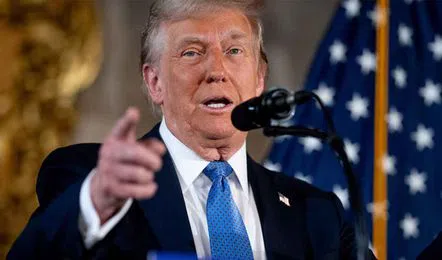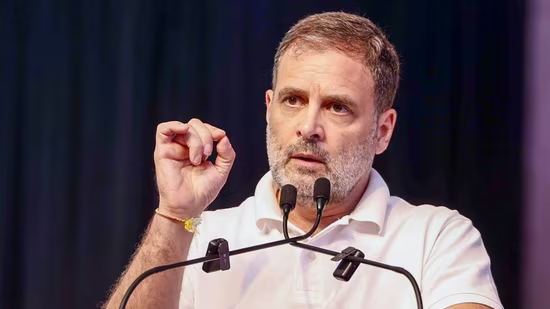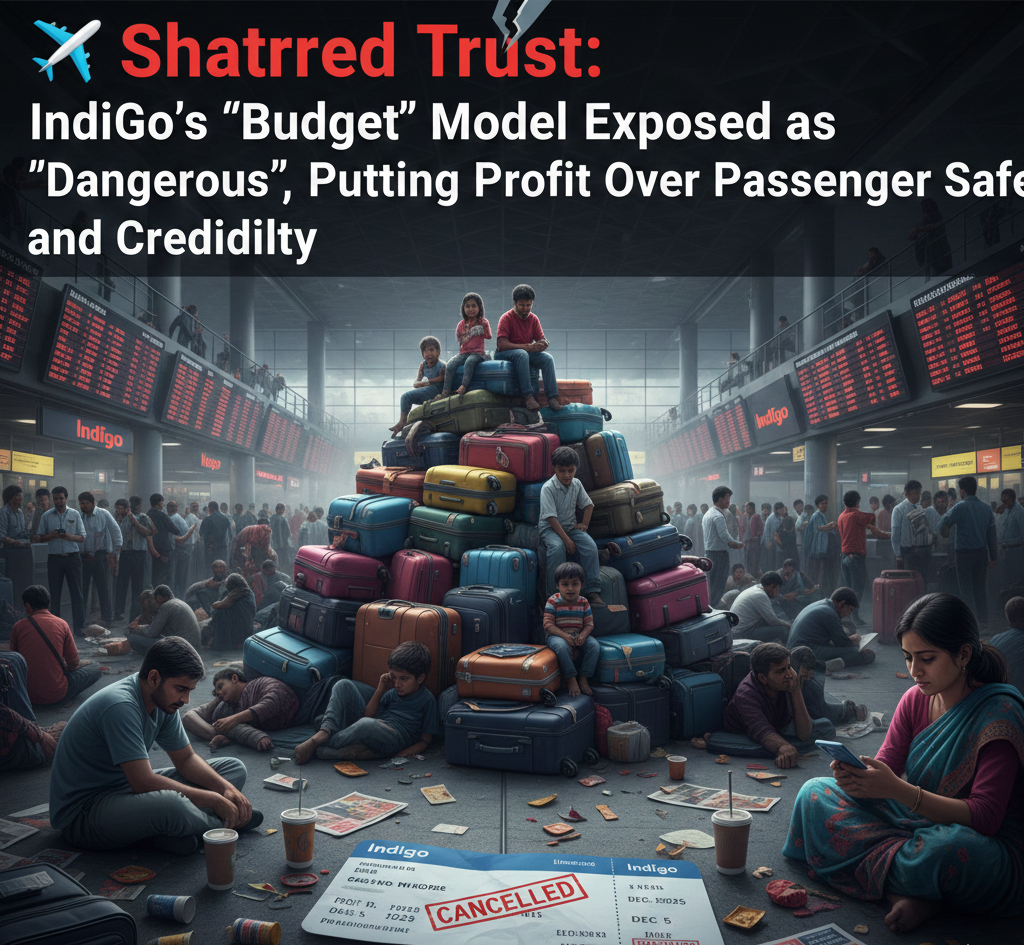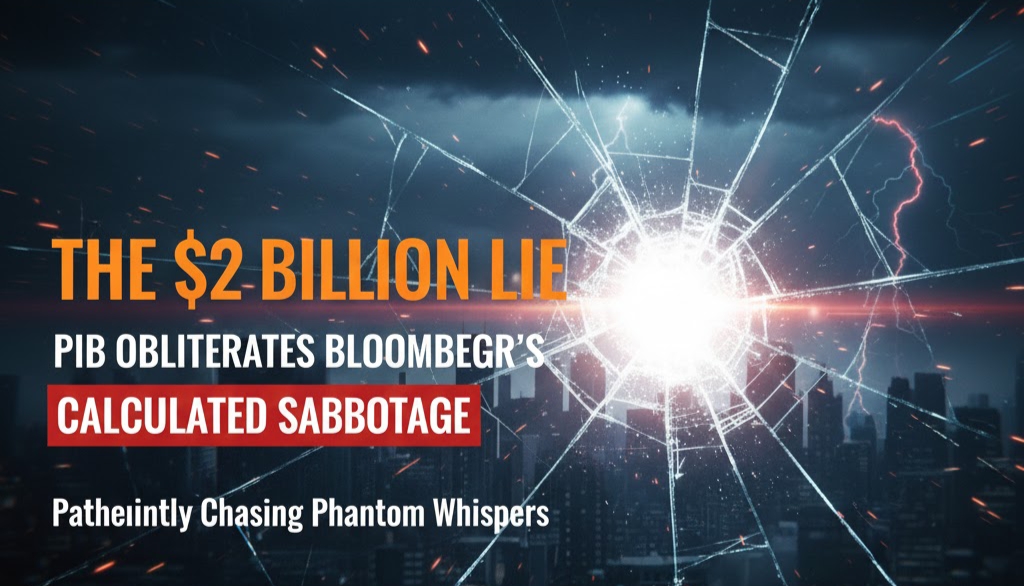
Washington D.C., August 5, 2025 — In a move that could significantly impact global travel and international business, the Trump campaign team has unveiled a controversial proposal to reinstate and expand visa bond requirements for certain temporary U.S. visa applicants, including business travelers and tourists. The proposed rule could mandate upfront security bonds of up to $15,000 for travelers from countries with higher visa overstay rates — including India, China, Nigeria, Pakistan, and others.
While the measure has not yet been implemented, it signals the Trump camp’s intent to tighten immigration and travel policies if Donald Trump returns to office in the upcoming U.S. Presidential elections.
Who Could Be Affected?
According to preliminary statements, the bond requirement may apply to:
B-1 (Business) and B-2 (Tourist) visa categories
Nationals from countries flagged for visa overstays by the U.S. Department of Homeland Security
Applicants with limited prior U.S. travel history or incomplete documentation
This proposal is part of Trump’s “America First 2.0” immigration strategy, aimed at deterring visa overstays and tightening border security. If implemented, this could result in a major shift in travel planning for students, entrepreneurs, corporate delegates, and tourists.
“The U.S. is not a revolving door. Those who wish to enter must prove they will exit,” said a senior Trump policy advisor during a press briefing.
Industry & Global Reactions
The announcement has drawn strong reactions from global business leaders and travel organizations. Indian business chambers such as FICCI and NASSCOM have voiced concern over the financial burden this may impose on Indian tech workers, SMEs, and startup founders who frequently travel for trade missions, partnerships, and conferences.
Travel and tourism experts also warn that the move could dampen inbound tourism and cultural exchange between the U.S. and Asia.
“A $15,000 bond requirement is not just about security — it’s a deterrent for global business. This will hit small entrepreneurs and knowledge exchange the most,” said a spokesperson from the Global Business Travel Association.
India’s Diplomatic Stand
India’s Ministry of External Affairs is reportedly evaluating the implications and is expected to issue an official statement after internal deliberations. Government officials are likely to seek clarity from U.S. authorities and may raise the matter through bilateral diplomatic channels.
India, being one of the top countries for U.S. visa applicants, may request exemptions or softer terms if the rule progresses toward implementation.
Next Steps
While the visa bond proposal is currently in a preliminary stage, policy analysts believe that it could gain momentum if Trump is re-elected. Legal experts also suggest that any future bond policy would face procedural review, public comment, and potential legal challenges.
For now, travelers and businesses are advised to:
Monitor updates from the U.S. Department of State
Consult visa advisors before making travel arrangements
Prepare financial documentation in advance if the policy comes into effect


